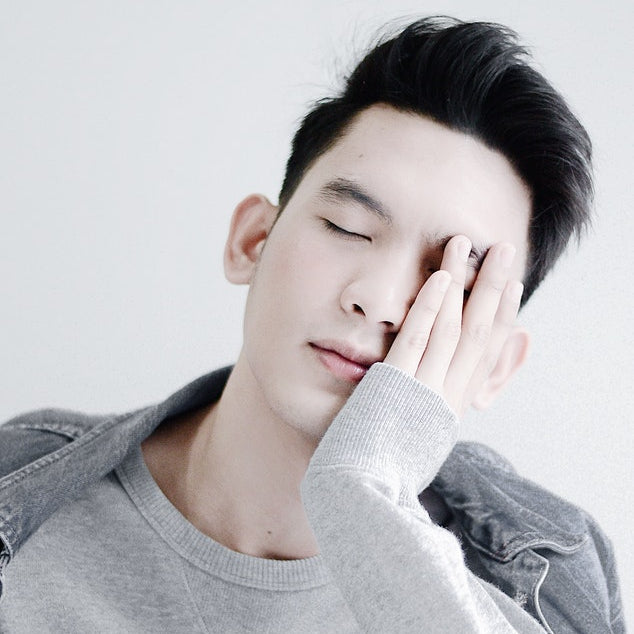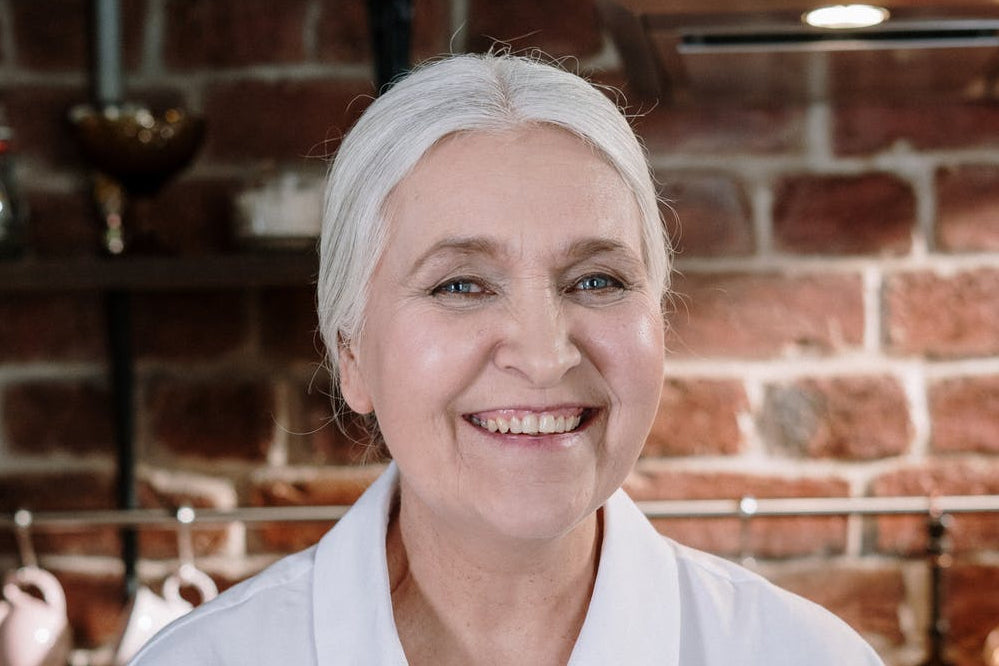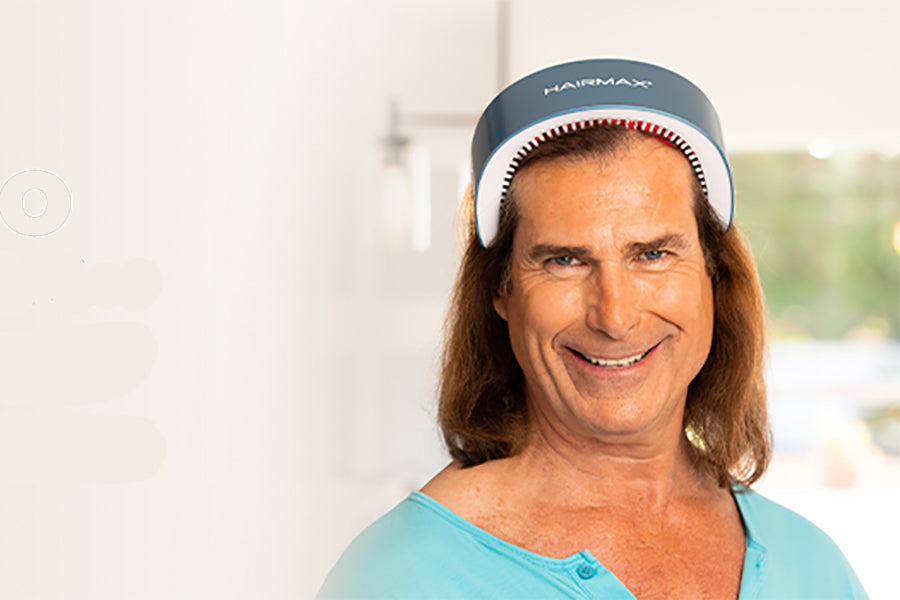Hair loss can be caused by a number of different factors and there is not one defined cause. Your hair could be falling out for a number of different reasons, including hormones, genes, age and stress. Your lifestyle, including your diet, where you live, alcohol intake and how much you sleep can all play a part in your hair loss. Sometimes it can be hard to determine why exactly you are experiencing hair loss, so we’re going to take a look into hair loss and see if mental health could have anything to do with it.
Depression –
Some of the symptoms to prove that you are experiencing depression could be hair loss. The hair may become dry and can break off easily. The physiological states of depression such as low mood, discouragement, low self-esteem and feeling drained can be a factor in reducing the hair growth phase, leading to hair loss.
Certain medicines that you take if you suffer depression can have hair loss side effects, such as Prozac. If you’re worried about the side effects of your medication talk to your GP about changing medication.
Anxiety –
If your anxiety isn’t severe, then you will most likely not experience hair loss, however if it is severe you will most likely experience a significant amount of hair loss.
Anxiety and stress are technically two separate conditions, however, they do overlap. The key issue between anxiety and hair loss is stress. In a lot of ways, anxiety is long term and persistent stress, which can affect the growth phase of your hair.
Chronic Stress –
Stress is one of the main causes of hair loss. Emotional stress can significantly slow, or even stunt your hairs normal growth cycle. Once the hair has stopped its growth cycle it lies dormant and eventually sheds after around two months. In most cases, it is the stress that will cause you to lose hair. The most common type of stress-induced hair loss is telogen effluvium, which is not permanent and your hair can grow back.
Can my hair loss be treated?
Hair loss caused by mental health issues can in most cases be treated. The underlying problem of hair loss for most mental health issues is stress. Stress related hair loss, in most cases, stops it’s growth phase during a stressful period and causes the hair to shed. If the stress continues, the hair continues not to grow. However, if the stress does stop, your hair will resume its normal growth phase and after a month or so you’ll notice your hair loss would have stopped and new hair will begin to grow. Other factors, such as side effects from medication can’t be stopped, however, it is a possibility that you can talk to a GP about changing to medications that have different, and maybe fewer side effects.




Share:
Cures for problems with hair health
Want a healthy head of hair this summer?